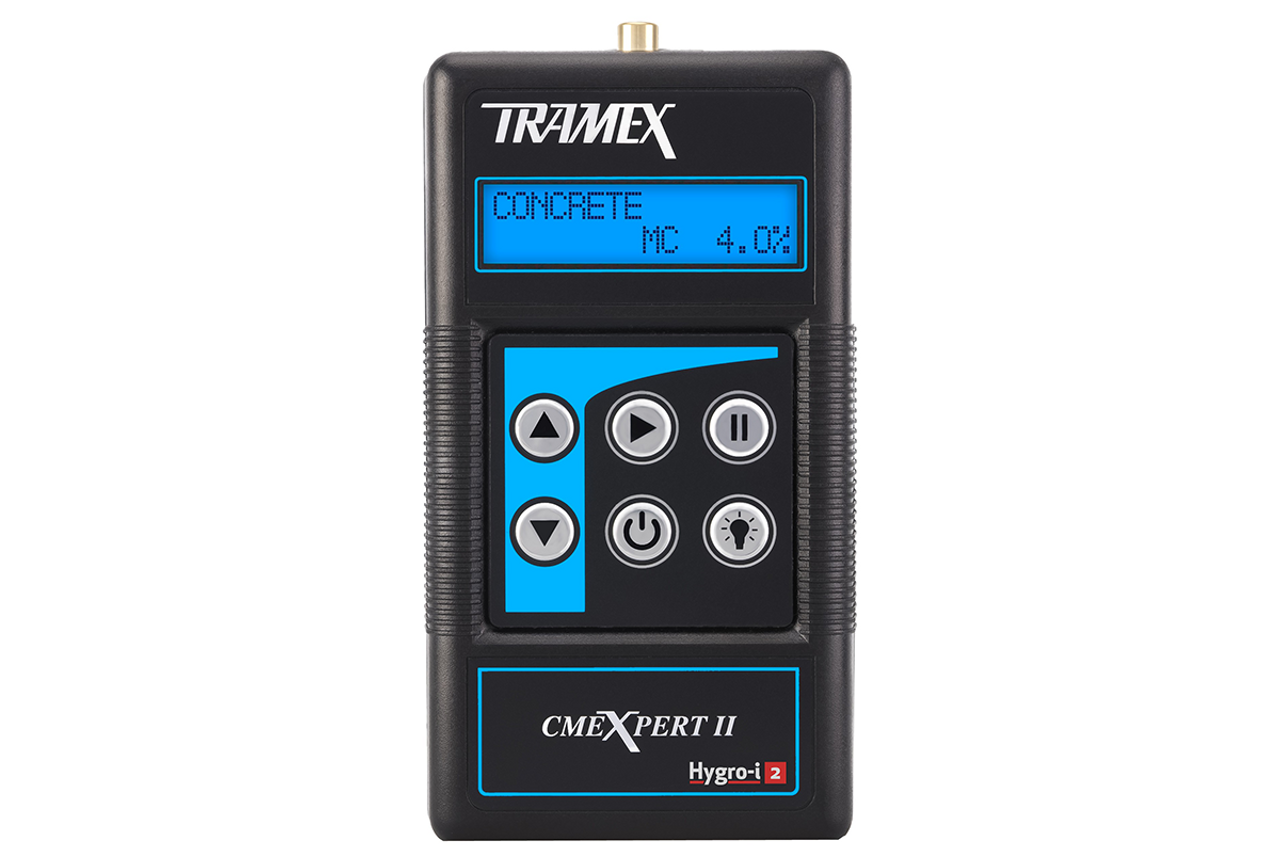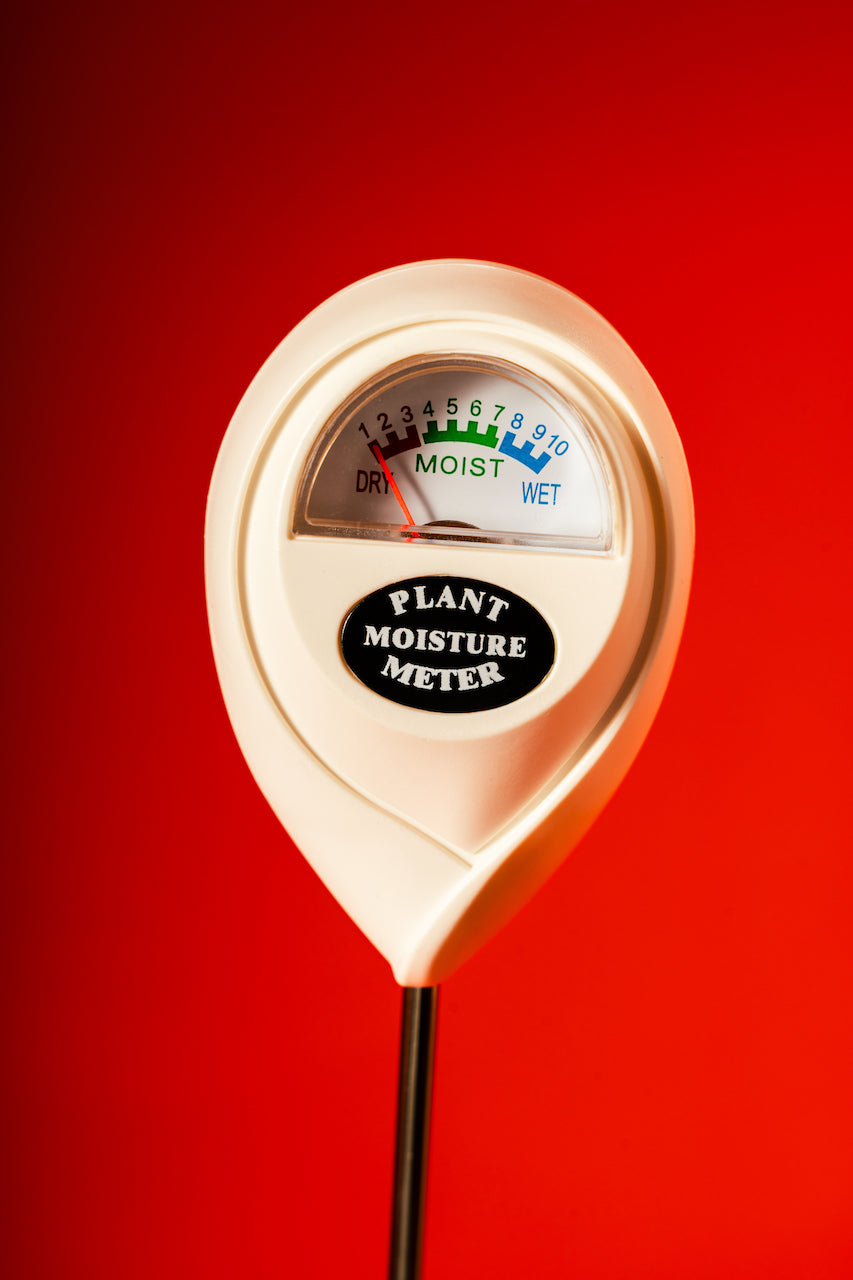The Scientific Research Behind Moisture Meters: How They Function and Why They're Crucial
The Scientific Research Behind Moisture Meters: How They Function and Why They're Crucial
Blog Article
The Ultimate Guide to Moisture Meters: A Comprehensive Summary and How They Can Save You Cash
In the world of structure upkeep, building and construction, and different markets, the significance of precisely measuring moisture levels can not be overemphasized. Dampness meters function as vital tools in finding and monitoring moisture content in products, helping in avoiding costly problems and making certain the top quality of products. Understanding the subtleties of different types of moisture meters, their applications, and the possible cost-saving benefits they provide can be a game-changer for specialists and services alike. Discovering just how these gadgets can not just enhance processes but additionally add to economic savings is a trip worth embarking on.
Types of Moisture Meters
One usual type is the pin-type dampness meter, which measures the electrical resistance in between 2 pins inserted into a material. Pinless wetness meters, on the various other hand, use electromagnetic sensing unit plates to scan a bigger location without causing damage to the material's surface.
Infrared wetness meters measure the thermal homes of a product to determine its moisture web content non-invasively, making them valuable for applications where pin or pinless meters might not be appropriate. Understanding the various kinds of moisture meters offered can aid industries pick the most suitable device for their details wetness measurement needs.

Advantages of Utilizing Moisture Meters

Additionally, using moisture meters can lead to enhanced energy efficiency. In farming setups, dampness meters play a crucial role in maximizing plant returns by allowing farmers to keep an eye on soil moisture degrees and make educated irrigation decisions.
How to Pick the Right Moisture Meter
Choosing the appropriate wetness meter involves considering key variables such as product compatibility, measurement range, and calibration precision. When selecting a moisture meter, it's important to guarantee that the meter appropriates for the specific product you will certainly be testing. Various materials have differing electrical homes that can affect dampness readings, so selecting a meter designed for your product is important for accurate results. Additionally, take into consideration the measurement array of the wetness meter. Guarantee that the meter can identify wetness degrees within the variety needed for your applications. Calibration accuracy is another essential variable to bear in mind (Moisture Meter). Go anchor with a dampness meter with reliable calibration to ensure accurate and consistent analyses. Some meters may require routine calibration changes, so comprehending the calibration process is necessary. By meticulously evaluating these aspects, you can choose a wetness meter that fulfills your needs and offers precise dampness measurements for your jobs.
Correct Techniques for Moisture Meter Usage
To make sure exact moisture readings and make the most of the efficiency of a dampness meter, employing proper methods is important. When using a pin-type wetness meter, insert the pins or probes right into the product being tested till they make full get in touch with. Ensure the pins are perpendicular to the surface to get the most precise reading. For pinless wetness meters, hold the gadget flat against the material and relocate it gradually to cover the whole area for an average reading. It's important to adjust the wetness meter according to the material being go right here evaluated to enhance accuracy. Take multiple readings across the surface area and average them out for a much more trustworthy outcome. Furthermore, make sure that the material being evaluated is accustomed to the setting to avoid manipulated readings. Normal upkeep of the wetness meter, such as cleaning the pins or sensor, is additionally essential to make certain accurate and consistent readings. By adhering to these correct methods, individuals can rely upon their moisture meter to give reliable wetness levels, aiding in protecting against pricey damage or making sure quality in numerous applications.

Price Cost Savings Through Moisture Meter Applications
How can the critical use of moisture meters bring about significant price savings throughout various markets? Dampness meters play an important role in expense financial savings by avoiding possible damage and guaranteeing top quality control in different markets. In the agriculture industry, dampness meters help in determining the optimum time for harvesting plants, protecting against over-drying or excess moisture that can affect the final product's top quality. This exact monitoring assists farmers prevent unneeded losses and maximize their return.

Moreover, in the food handling sector, moisture meters are important for keeping an eye on item high quality and making sure conformity with security guidelines. By precisely gauging dampness content in food, manufacturers can prevent spoilage, keep quality, and lower waste, causing substantial expense savings. In general, the tactical application of moisture meters is a useful financial investment that can result in substantial cost decreases and enhanced effectiveness across numerous industries.
Verdict
To conclude, wetness meters are important tools for detecting and gauging moisture levels in numerous products. By utilizing the right dampness meter and complying with proper strategies, individuals can efficiently avoid pricey problems caused by excess dampness. Spending in a quality dampness meter can result in significant expense savings in the lengthy run by identifying possible issues beforehand and allowing prompt remediation. Eventually, moisture meters are necessary instruments for keeping the stability and longevity of products and frameworks.
Moisture meters serve as crucial tools in discovering and keeping an eye on moisture web content in materials, aiding in stopping pricey problems and guaranteeing the high quality of items. Infrared dampness meters measure the thermal residential or commercial properties of a product to establish its dampness web content non-invasively, making them useful for applications where special info pin or pinless meters may not be appropriate.Wetness meters use important benefits in precisely checking and analyzing dampness degrees in varied materials and settings. In agricultural setups, dampness meters play an essential role in enhancing crop yields by enabling farmers to keep an eye on dirt wetness levels and make notified irrigation decisions.In verdict, dampness meters are beneficial devices for discovering and measuring moisture degrees in different materials.
Report this page